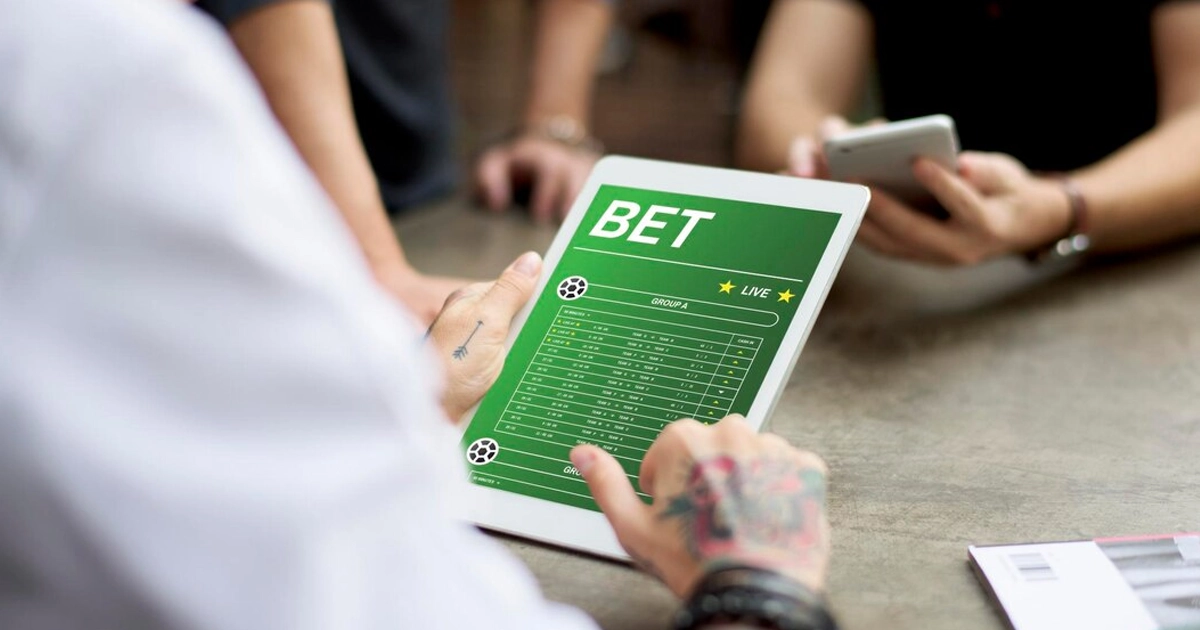NCAA: students can bet on pro sports
The NCAA, the historical guardian of the integrity of student competitions, is now considering relaxing its rules to allow student-athletes to bet on professional sports.
A turning point in the regulation of student sports betting
The world of American university sport could be set for a revolution in the coming months. On 8 October 2025, the NCAA (National Collegiate Athletic Association) Division I Administrative Committee adopted a bold proposal: to allow student-athletes and athletic department personnel to bet on professional competitions while maintaining the ban on betting on university competitions.
This decision is not yet final. It needs the support of Divisions II and III to come into effect, potentially as early as 1ᵉʳ November 2025. But it already marks a paradigm shift: the NCAA recognises that the context of sports betting, long clandestine within campuses, can no longer be ignored.
A historic rule soon to be revisited
Until now, the NCAA had a strict rule that student-athletes, coaches and staff could not bet on any NCAA-sponsored sport – whether academic or professional. The aim was to preserve the integrity of university sports competitions and avoid corruption. But the growth of legal sports betting in the US states made the ban difficult to monitor and enforce.
Faced with the reality that some students still bet, often in secret, the NCAA is now proposing to replace the outright ban with a risk-reduction strategy. Supporters believe that it is preferable to allow supervision, promote education and open up support systems, rather than ignore a phenomenon that is developing on the fringes.
In this context, the committee does not see this change as an endorsement of sports betting for students, but as a pragmatic measure. The committee also insisted that the existing rules on sponsorship by gambling operators, as well as the sharing of internal information on university competitions, remain unchanged
The Division I Student-Athlete Advisory Committee (SAAC), the body representing student-athletes, expressed its support, but conditional on a strengthening of training and support for young athletes.
Integrity of competitions and conflicts of interest
The main argument against this reform is the danger of influence or conflict of interest. If a student-athlete or member of staff were to bet on a professional competition in which he or she could have indirect influence (through access to information, the media, etc.), this would undermine confidence in the sports system.
The proposed limits are therefore strict: the ban on betting on university matches remains, as does the ban on sharing inside information on college competitions.
The addiction trap and potential abuses
Allowing betting does not guarantee that it will be practised responsibly. The risk of addiction, financial pressure and stress are all factors that can affect students in training, who are often vulnerable. Sports betting can become a dangerous refuge, especially in times of student debt, stress or uncertainty.
One of the key elements of the reform is to provide sportspeople with support and awareness-raising resources and a place to report risky behaviour without fear of automatic sanction.
Monitoring application of the rules
Even with authorisation, ensuring compliance with the rules will be a challenge. The NCAA already uses integrity monitoring tools to detect anomalies in more than 22,000 university competitions a year. Recent cases show that students were betting against the rules, manipulating matches or sharing information. Recent investigations have led to severe sanctions, including the permanent revocation of eligibility for some.
An unprecedented but controversial change
The initiative marks a significant break in the governance of university sport. It reflects the tension between the traditional model of amateurism and the reality of an omnipresent landscape of legal betting. The challenge is enormous: how to authorise without undermining? How to regulate without muzzling?
Opponents fear a weakening of the ‘wall of protection’ between the world of sports academia and commercial betting interests. Supporters, on the other hand, see this measure as a necessary step towards making people more responsible, educating them and cleaning up an environment that has long grown out of control.
If it comes to fruition, this reform could inspire other countries faced with the coexistence of amateur sport and legal betting – and pave the way for a new era in which integrity, transparency and support for athletes take precedence over pure idealism. But history has yet to be written – and the next few months will be decisive.


